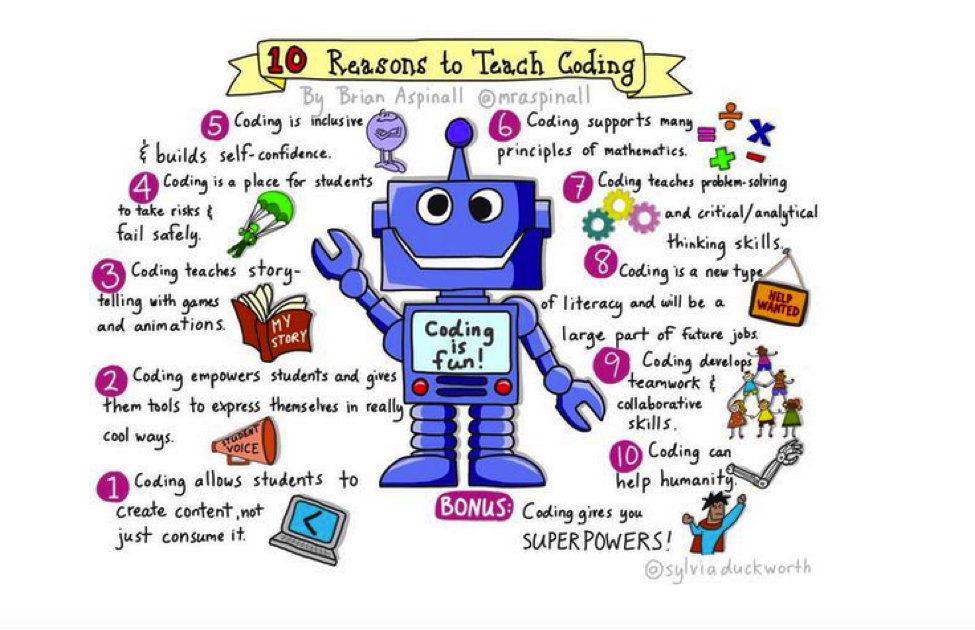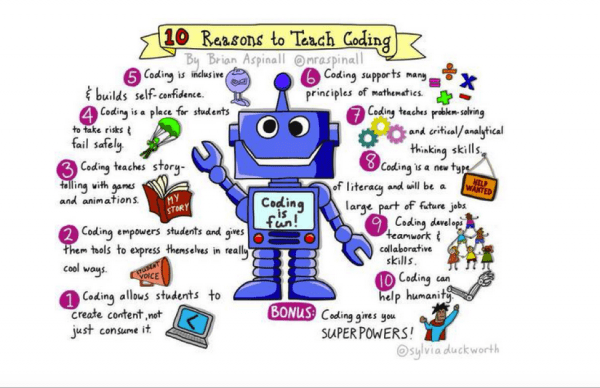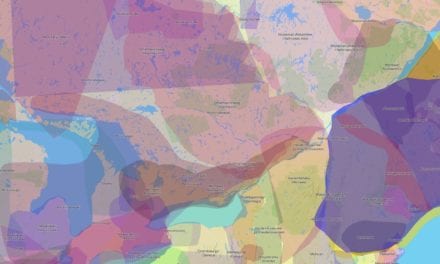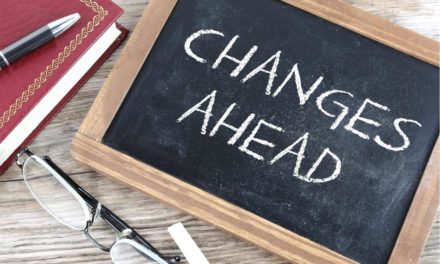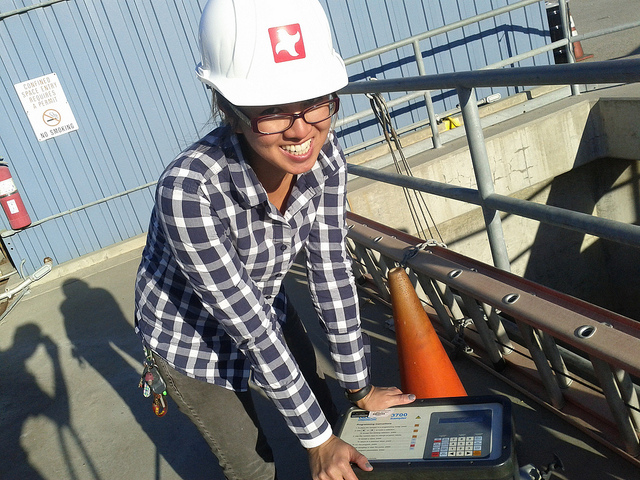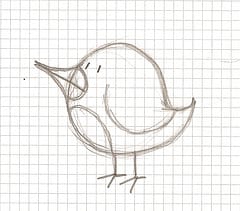Are we preventing students from accessing a basic education by denying them the opportunity to learn to code and program in school? Is “Learning to Code” as important as learning to read, write and understand basic mathematics?
Last week was the “Hour of Code” week sponsored by code.org. Teachers were encouraged take one hour to offer students the time to learn how to code. The resources, lessons, and instructions were all created with the hopes that thousands of students would have at least 60 minutes to learn coding basics.
My son’s teacher sent me an email asking me to help start a series of lessons on the basics of coding. I asked Jen Deyenberg, Director of Instruction at Wild Rose School, for some “Learn to Code Guidelines”. The resources she suggested include:
- Coding resources for lower grade levels and HS Computer Science courses: http://www.flexcode.ca/
- A document put together specifically for Hour of Code resources: Click HERE
- VERY simple resources for working with Kindergarten or Grade 1 on teaching the basics of coding: Kodable
- Nice progression through difficulty of logic and block-based coding: Blockly and any of the Hour of Code pieces on code.org
- Skills cards to help build understanding of Scratch programming language: https://scratch.mit.edu/info/cards/
- Tynker, another secret weapon: https://www.tynker.com/
- Once students get really good: MIT App inventor; Game Star Mechanic; and Code Academy
If only I had learned to code in schoo! I learned “LOGO” and “basic” in school, but I found it extremely boring and couldn’t wait to do something else with people rather than computers.
The reality is, learning the basics of coding has been invaluable to me as an online teacher and instructional designer. Knowing how to go in the “back end” to fix the font, embed a video or to help make content easier to understand and clearer for students is extremely important. Basic programming is an essential skill in my current job – and no one taught me how to do it – I had to teach myself.
Two years ago I worked on the #Gamified project which had grade 9 and graduate students collaborating on the definition of serious games. My role was to find “leading experts on games” from around the world. My son was obsessed with Minecraft at the time and I asked him who I should connect with. He suggested “Drakkart” because he created amazing youtube videos to help anyone learn about Minecraft. I tracked Drakkart down and he ended up on a Minecraft panel with fellow youtubers, Minecraft enthusiasts and fans. Here is the trailer of why he participated in the project:
Drakkart spoke about playing with Legos at home and how much he learned while playing and designing at home. What he also points out is that he never got to “learn that way” at school.
Similarly, Anya Kamenetz, in her recent post A Kids’ Coding Expert Says We’re Making Computer Class Way Too Boring talks about how we need to rethink the way we are teaching coding and computers in schools. In her article, Scratch coding expert Mitch Resnick points out:
“Coding is not just a set of technical skills, it’s a new way of expressing yourself. It’s similar to learning to write — a way for kids to organize, express and share ideas. But instead of putting words into sentences, now they can create animated stories.”
This year, the Hour of Code combined Minecraft and Learn to Code Lessons. The same message came across again from the lead programmers at Minecraft “leading” hour of code lessons: ‘I wanted to be creative and figure out how to do things myself, so I learned how to code.’
Learning to code is as essential to learning how to read because, done right, it encourages students to figure out how to learn for themselves. Like learning how to bake a cake from scratch, it is just as important that we understand the key ingredients in creating digital artifacts from scratch. So instead of teaching our kids how to use a mix or follow a recipe, it becomes more important to show them why certain combinations of ingredients work and others don’t. To ask them what they want to bake/make. It is understanding, and not rote logic puzzles, that will ensure that students know how to learn for themselves.

